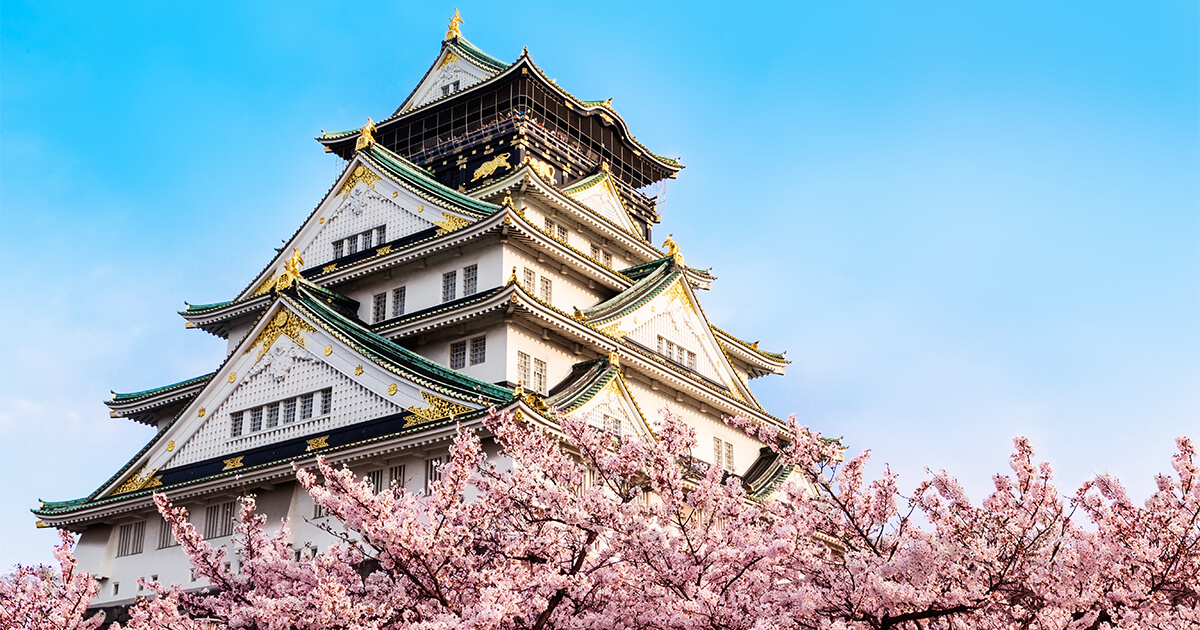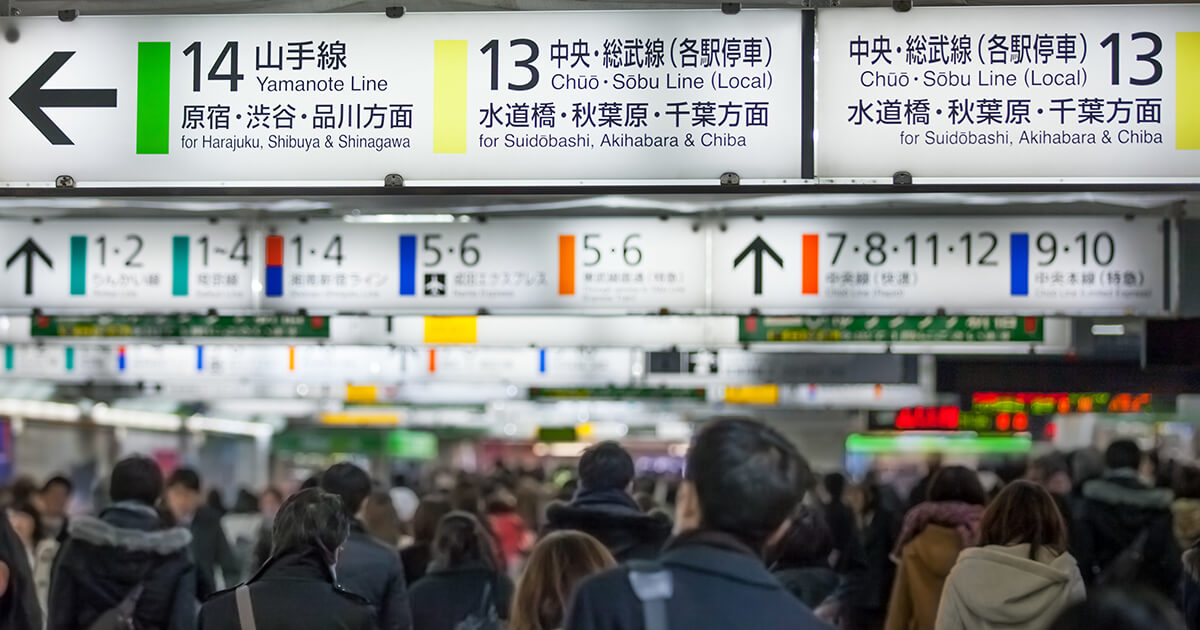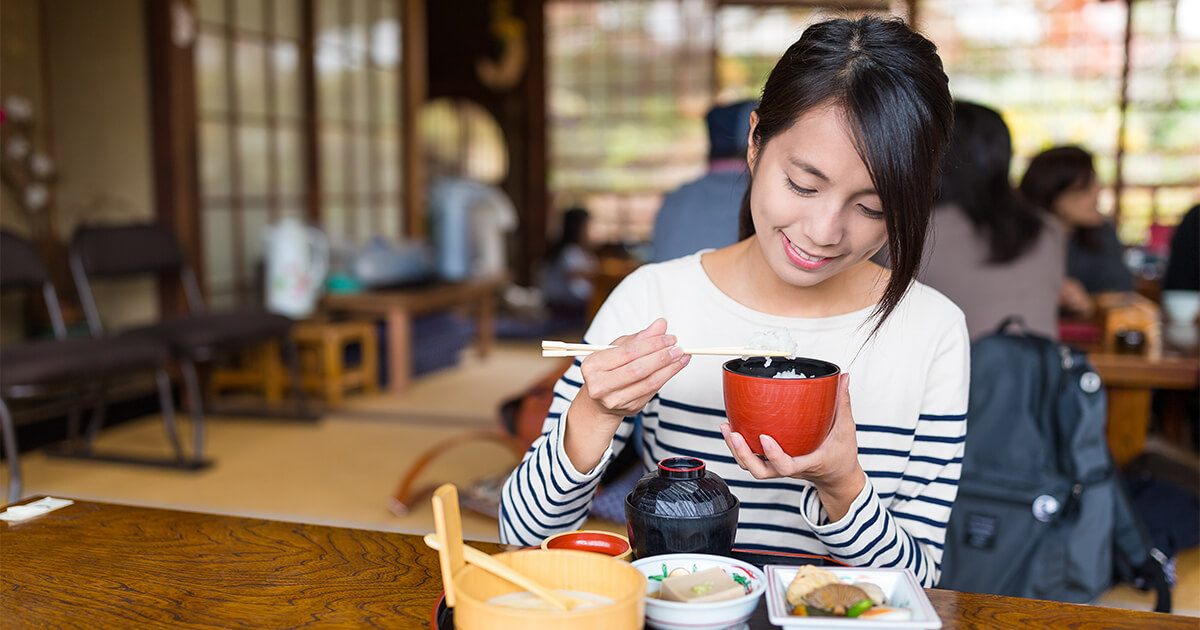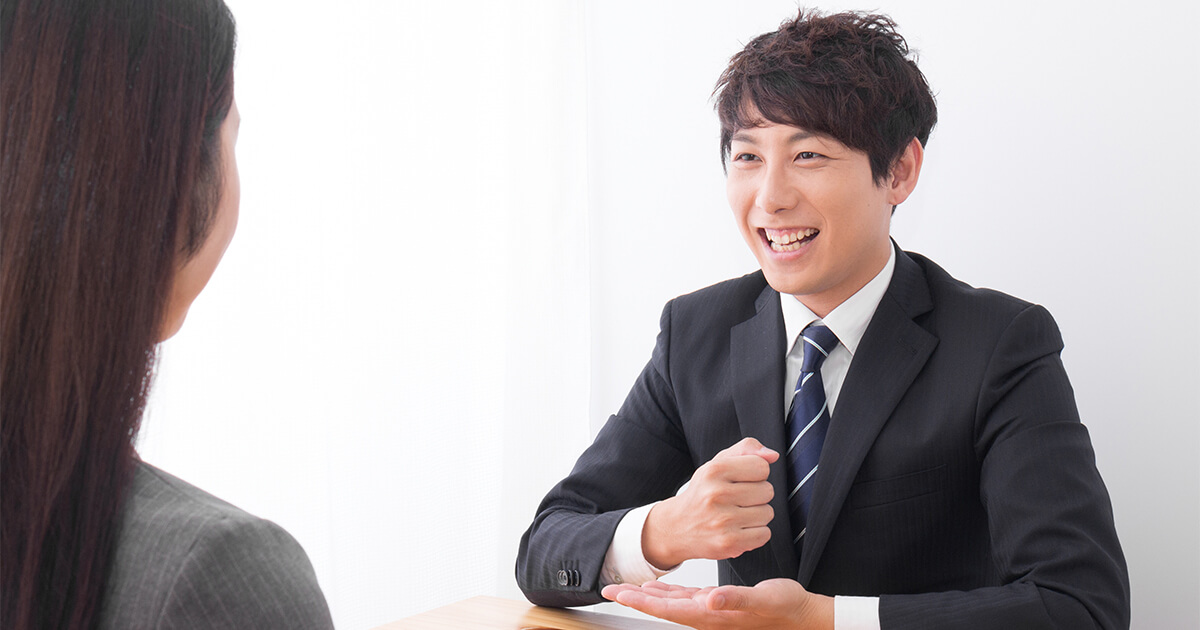
How to say “Full tank, please” in Japanese?
- Updated:
- Published:
Answer by Japanese teacher Explanation Petrol stations are called gasorin sutando (ガソリンスタンド) in Japanese. There are two types of petrol stations in Japan, full-service and self-service. Full-service petrol stations are those where attendants are on hand to fill up your tank as per […]








